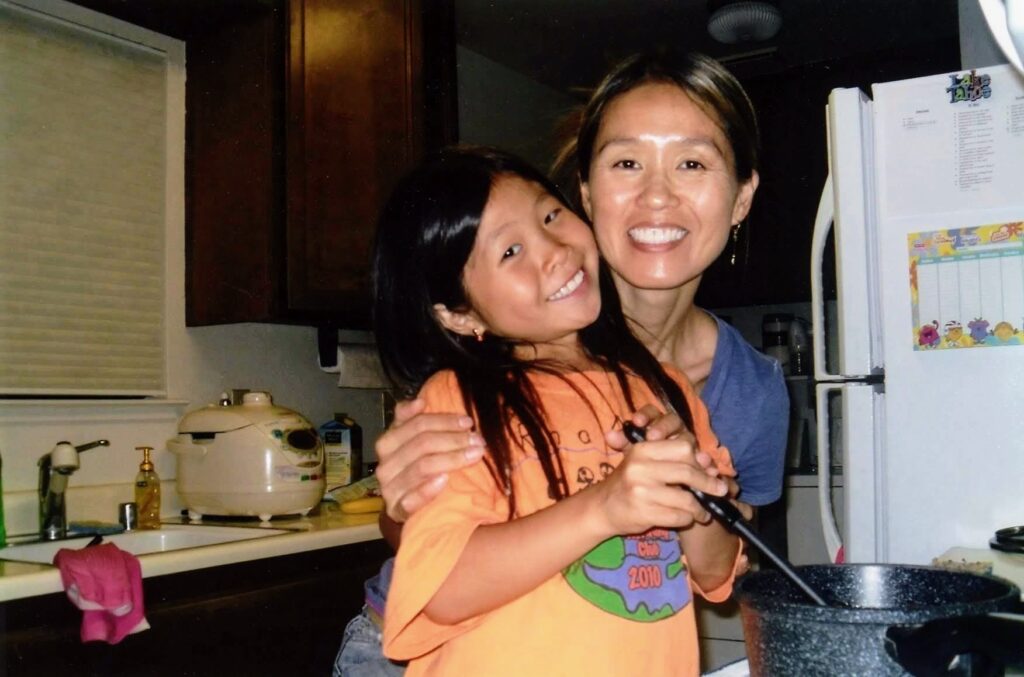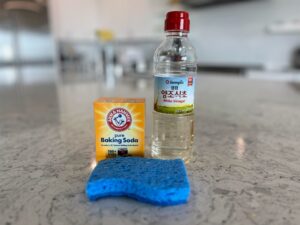Being a good and loving parent is one of the most important and rewarding jobs in life. It’s about showing love, giving support, and helping your kids grow into happy, confident, and responsible adults. While parenting can sometimes feel overwhelming, small, simple steps can make a big difference. In this post, we’ll explore some ways to build strong bonds with your children and create a positive, loving home.
What Does It Mean to Be a Good Parent?
Being a good parent doesn’t mean being perfect. It’s not about doing everything right all the time or comparing yourself to others. Instead, it’s about doing your best to meet your child’s needs and helping them feel loved, safe, and valued.
A good parent provides guidance, sets boundaries, and shows their kids how to make good choices. This means teaching them right from wrong, helping them solve problems, and giving them the tools they need to handle life’s challenges. It’s also about being there for your kids—listening to them, spending quality time together, and supporting their dreams and goals.
At its core, good parenting is about building a strong relationship with your child. This means being patient, kind, and understanding, even when things get tough. Mistakes happen, but a good parent learns from them and keeps growing, just like their kids do.
I Made a Lot of Parenting Mistakes—And That’s Okay
Even though I became a mom later in life, I still made plenty of mistakes. When my first daughter was born, I didn’t even know how to change a diaper. I had to call a nurse at the hospital to show me what to do. I thought being older would mean I’d be more prepared, but parenting doesn’t come with a clear manual.
Over the years, I’ve made many more mistakes—some small, some that still hurt. One of the hardest was not stepping in when my younger daughter was being bullied at her own birthday party. I froze. I didn’t handle it the way I should have, and it’s something I’ll always regret.
The truth is, no parent gets it all right. What matters most is learning, growing, and doing our best to show up with love. Mistakes don’t make us bad parents—they just make us human.
How to Be a Good Parent
Parenting is a journey filled with love, challenges, and learning. The goal is to create a nurturing environment where your children feel supported, valued, and guided as they grow into their best selves. Here are some practical ways to help you be the best parent you can be:

1. Show Love and Affection
Hug your kids, tell them you love them, and let them know they matter. A kind word, a smile, or simply sitting with them when they need comfort can mean more than you think. Hold their hand when they’re scared and cheer them on, even for small wins.
Most of all, be present. Whether you’re playing, helping with homework, or just spending quiet time together, your attention shows love. These simple moments help your child feel secure, valued, and deeply cared for.
2. Listen to Them
A big part of being a good parent is taking the time to truly listen. Whether your child is sharing a story or talking about a problem, giving them your full attention helps them feel heard and respected. Make eye contact, nod, and smile to show you’re engaged.
Avoid interrupting or judging, even if you don’t agree. Instead, ask simple questions that show you care. When children feel safe opening up, it builds trust and deepens your bond. Listening with love is one of the simplest ways to be a good parent.
3. Set Clear Boundaries
Being a good parent also means giving your child structure they can rely on. Kids feel safer when there are clear rules and expectations. Explain why the rules matter, like the importance of bedtime or cleaning up after play, so they learn and grow with understanding.
Keep rules fair and simple. If your child makes a mistake, gently remind them and guide them to do better next time. Staying consistent while being kind helps build trust, responsibility, and a sense of security.
4. Encourage Their Strengths

Every child is unique, and as a loving parent, it’s important to pay attention to what they’re good at and what makes them happy. Encourage their interests, hobbies, and dreams so they can build confidence and find their path.
If they love drawing, give them paper and crayons, or if they enjoy sports, cheer them on during practice or games. As a parent, supporting their passions shows them you care and believe in their abilities.
Also, praise their efforts, not just their results, so they know trying is just as important as succeeding. Help them explore new activities to discover what they enjoy most. By supporting what they love, you empower them to see that their passions and talents matter. This helps them believe in themselves and grow into confident individuals.
5. Teach by Example
A good parent teaches through actions, not just words. Children learn by watching how you treat others and handle challenges. Show kindness, patience, and honesty in your daily life. If you make a mistake, admit it and explain how you’ll make it right.
When you stay calm during tough moments, your child learns how to manage emotions in a healthy way. By being real and respectful, you show them it’s okay to make mistakes and keep growing. That’s one of the best lessons a good parent can give.
6. Spend Quality Time Together
Being a good parent means making time for your child, even if it’s just a few minutes a day. Play a game, share a snack, or ask about their day. These small moments create strong bonds and lasting memories.
Put away distractions and be fully present. When your child gets your full attention, they feel important and loved. Quality time, even in short bursts, shows them they matter—and that’s what being a good parent is all about.
7. Be Patient and Understanding
Being a good and loving parent means staying calm when your child makes a mistake. Instead of getting upset, help them learn from it. If they spill something, show them how to clean it up and explain that everyone makes mistakes.
Ask how they feel about what happened, so they feel safe sharing their emotions. Patience teaches problem-solving and builds trust. When you respond with love and understanding, your child knows you’re there to guide them, even when things don’t go perfectly.
A Personal Reflection

Raising my two daughters as a single mom was one of the hardest and most rewarding experiences of my life. I made many mistakes, but each one helped me grow into a better and more loving parent. I didn’t always get it right, but I always gave them my love, support, and guidance.
Balancing work and parenting wasn’t easy, but it taught me that being present—even in small moments—matters. Today, I’m proud of the strong, kind, and independent young women they’ve become. Being their mom has taught me more than anything else about what it means to be a good parent.
If you found this helpful, check out some of my other posts on parenting:
My Worst Parenting Mistake














